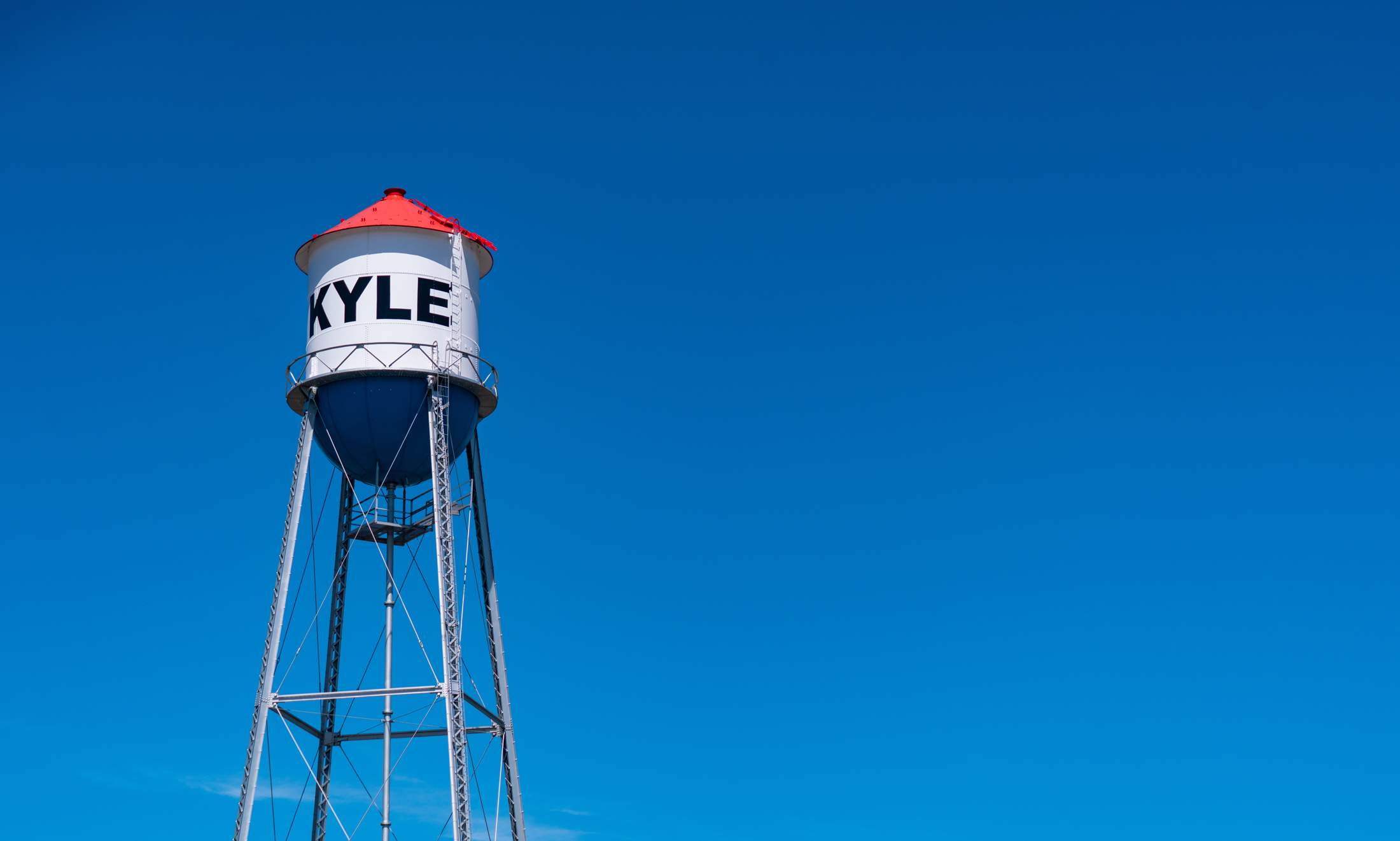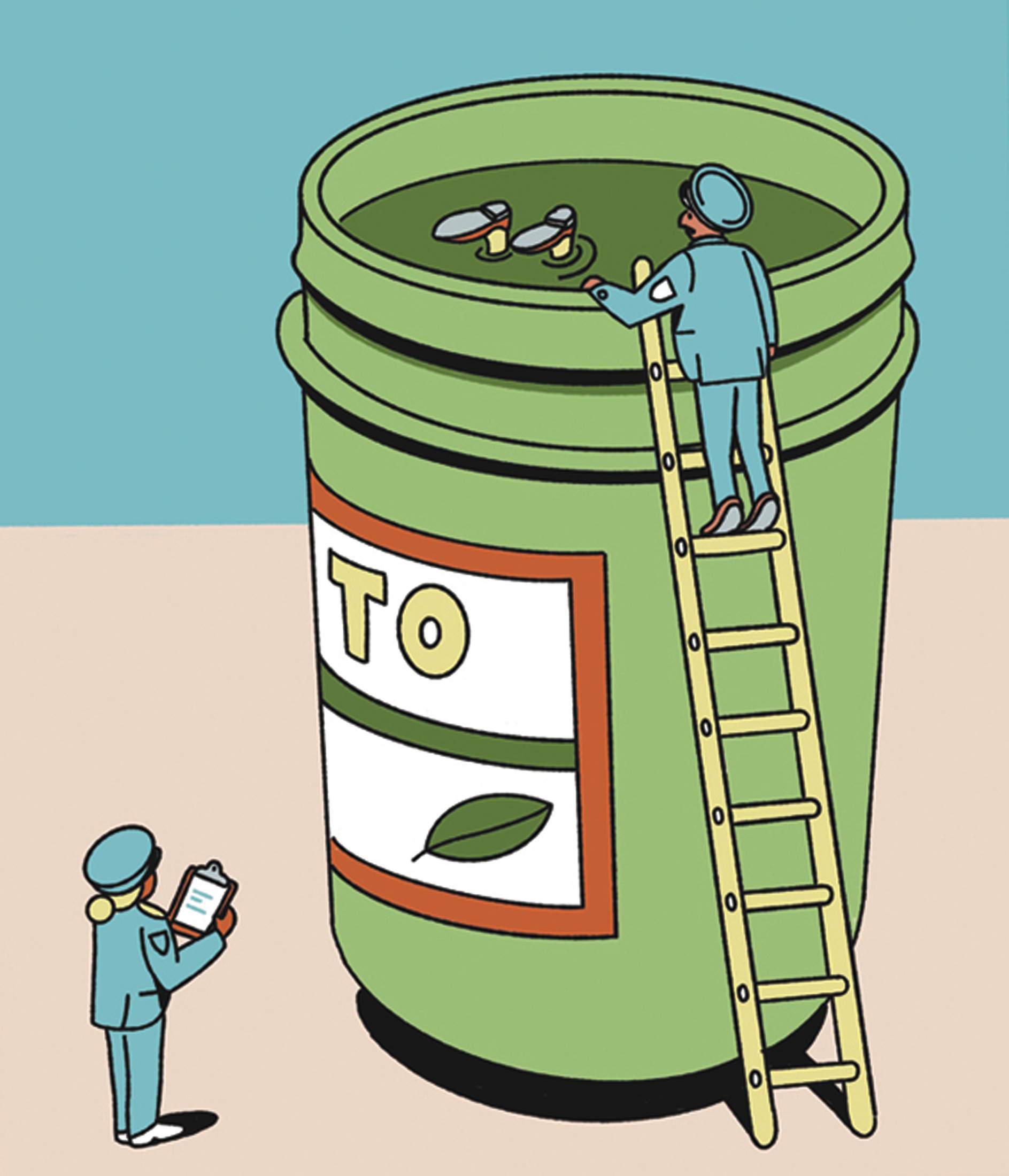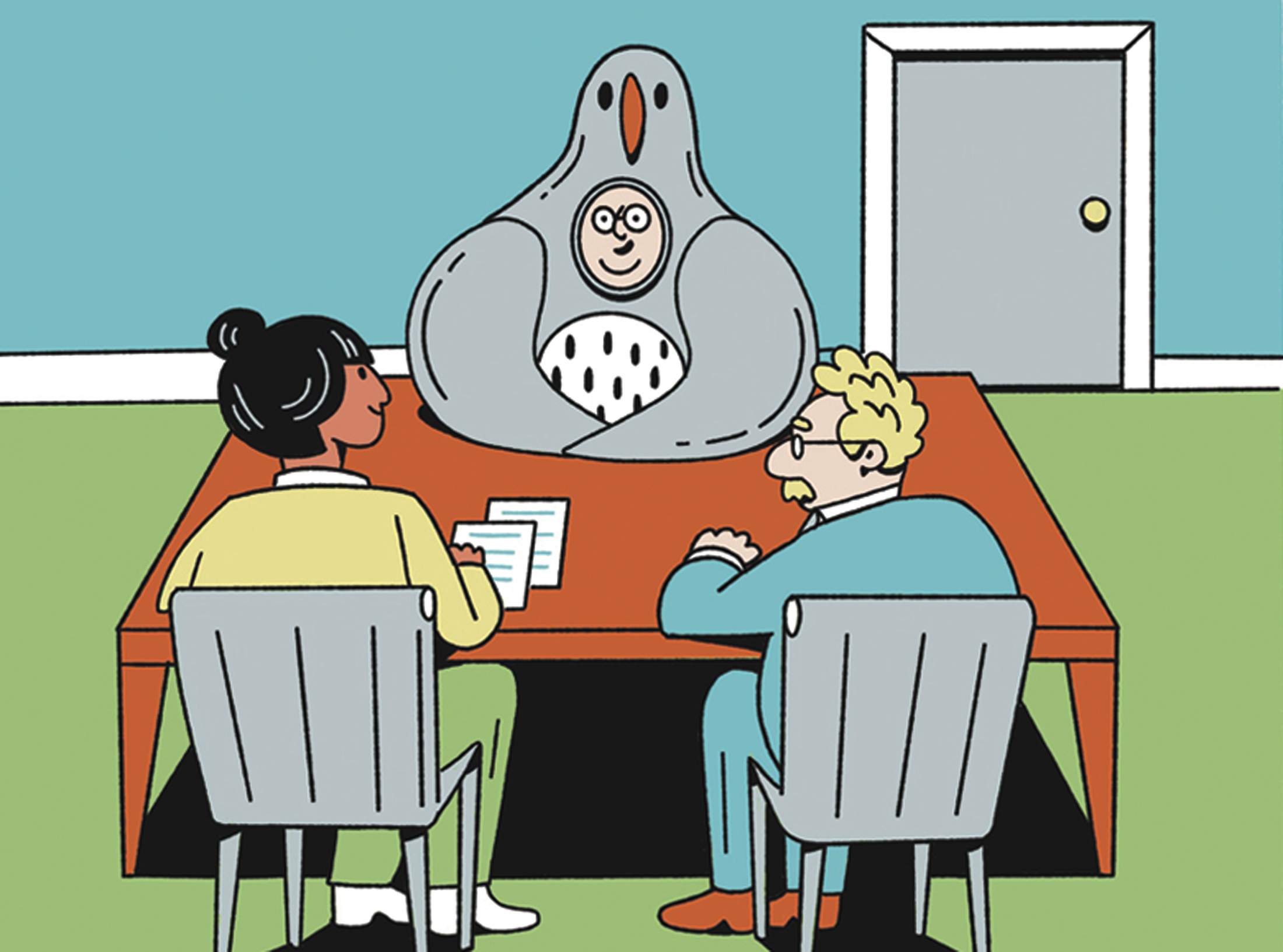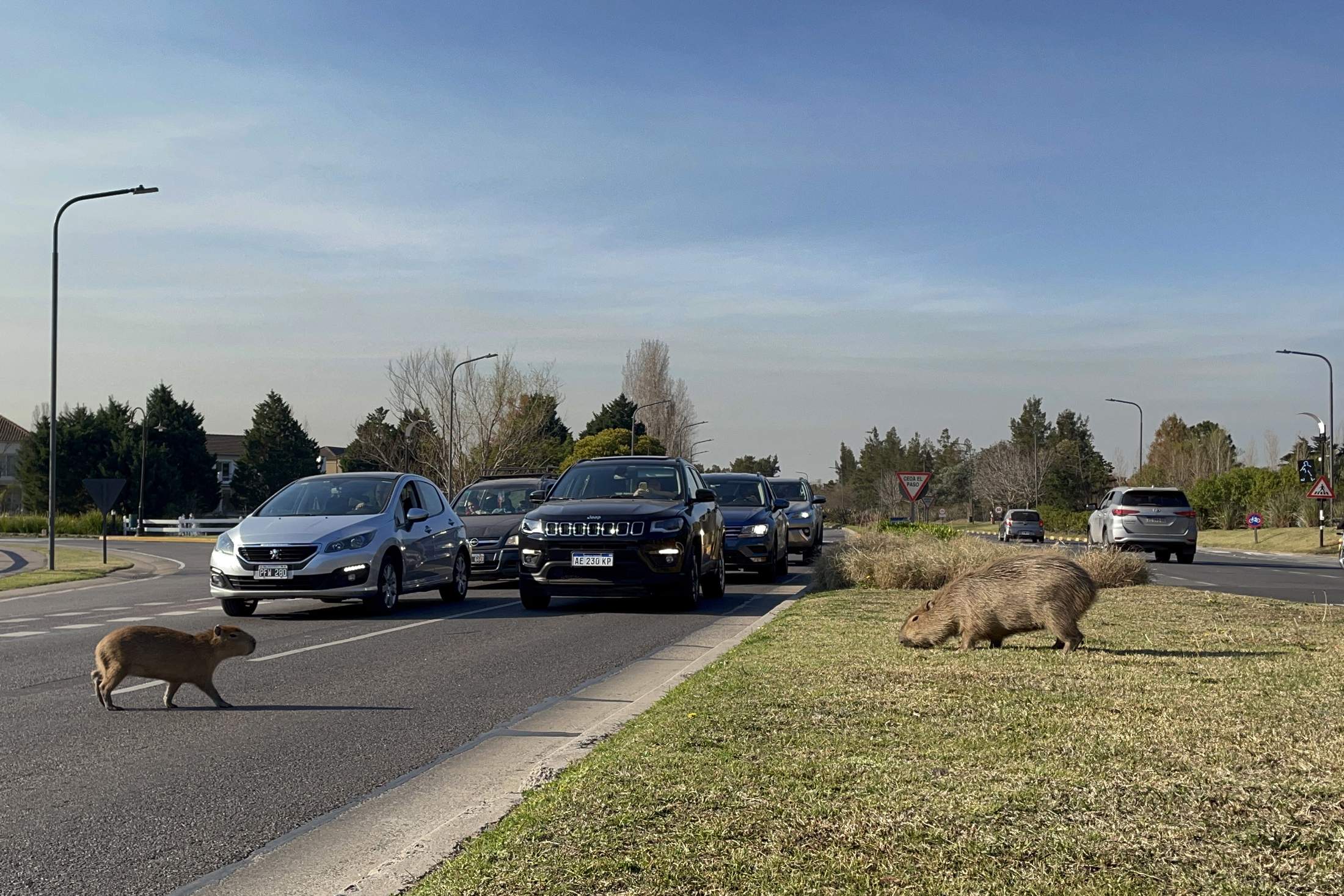At the front / Global
The Opener
Tyler Brûlé ponders the absence of North American cities in this year’s Quality of Life Survey.
The mild west
Comment: QOL ranking
You might have noticed that this year’s Quality of Life ranking is an exclusively European and Asian affair, with considerable jumps and drops at the top. Mexico’s Mérida is on the up (see page 70) but there are no US or Canadian cities – why not?
When it comes to the core of our Quality of Life Survey, absence of crime in daily life figures large. Let’s face it, there’s nothing like a car-jacking, violent break-in or mall shootout to ruin your day, unsettle the community and put an entire city on edge. US cities that once attracted top and future talent are now being shunned by Asian investors who fear for their safety and parents who don’t want their children being caught in campus crossfire.
Violence aside, US and Canadian cities are also in need of solutions to revive hollowed-out urban cores as offices remain empty and downtowns wither. While there is considerable movement in rethinking office buildings and reconfiguring empty business hotels, it’s going to take considerably more in the way of creative solutions to animate once-vibrant cities.
On the positive side, there are plenty of benchmarks across the world that show how crime can be tackled, the homeless housed and neighbourhoods kicked back into gear. In the meantime, many European cities are benefitting from the arrival of US lifestyle refugees and their accompanying capital: Milan, Zürich, Lisbon and Madrid are all seeing an influx. While wealthy arrivals create spikes in housing prices, they also bring fresh ideas and create jobs – and these are forces that further improve quality of life. For the full list, see page 50.
Nom de boom

Kyle, a town of about 57,000 lying 35km south of Austin, features on few, if any, Texas tourist itineraries. It cannot compete with the Alamo in San Antonio, nor Paris’s cinematic history, and cannot rival Houston’s connections to the Moon. And it has never cradled the childhood of any legendary rockstar – statistically astounding, given Texas’s rich musical heritage. But Kyle does have a name that, the city surmises, it shares with enough people to earn it a place in the global consciousness.
In May, Kyle invited anybody called Kyle to descend upon the town, for its fourth attempt to claim a world record for the largest number of people with the same name ever gathered in one place (punctiliously specifying that Kiels, Kylers, Kylies and, indeed, Kylees were ineligible). The benchmark to beat was the 2,325 Ivans who assembled in Bosnia’s Kupreski Kosci in 2017.
Tragically, Kyle fell short. But though the town hasn’t yet set a world record, it has hit upon a means for otherwise unremarkable conurbations to generate publicity. And there is no need to spend money on name tags.
Pesto alla Chicagonese?

From the correct way to cook carbonara to what ingredients are allowed to go on pizza, it’s common knowledge that Italians are serious about their food. Genoans are no exception. The Italian authorities in the city recently seized more than seven tonnes (7,000kg) of Giovanni Rana pesto at the Genoa port after officials found that its labels did not conform to EU regulations.
Why? Because DOP Genovese basil pesto should come from Genoa – and the pasta sauce in question had been produced more than 4,500 miles (7,000km) away in a suburb of Chicago. It is, of course, not the first time food has caused problems at international borders. Belgian authorities recently destroyed more than 2,000 cans of Miller High Life because of its slogan (the American brand famously markets itself as the “champagne of beers”) and France is still contesting a US judge’s decision that states that “gruyère” can refer to any type of cheese. Politics aside, there’s a reason why parents tell their children not to play with their food. Grub, it turns out, is no laughing matter.
Reporting from...
Monocle has a network of correspondents in cities around the world. Our brief dispatches include potential forward motion in Thailand, community farming in London and shades of truth in Los Angeles.
bangkok
Forward to progress?
Months after heading to the polls, Thai voters will finally find out who their next prime minister will be. Progressive party Move Forward won the most seats but Thailand’s political establishment may thwart its attempts to effect real change.
london
Farm foods
The London Borough of Hounslow will convert eight hectares of unused council land into allotments to teach children how to grow food. As Londoners struggle with living costs, here’s hoping that the scheme bears fruit.
los angeles
Light and shade
A new bus stop sunshade piloted in LA has left the city red-faced as only a few people can fit under it at a time. Called La Sombrita (or “little shadow”), it has nevertheless shone a light on the need for proper bus shelters – or at least a few more trees.
Property theft
Wandering around gallery and museum exhibitions, people often see paintings or artefacts that they want to take home – that’s what the gift shop is for. Cinema, though, doesn’t really have an equivalent – and yet some people won’t stop until they get the real thing. Thievery of props is a common occurrence in Hollywood, where to this day several crimes remain unsolved. Here, we’ve rounded up a list of cinematic thefts that feel stranger than fiction.
1. No place like home
In 2005, Dorothy’s ruby red slippers – worn by Judy Garland in the 1939 version of The Wizard of Oz – went missing from a museum in Grand Rapids, Minnesota, Garland’s hometown. It took the authorities more than a decade to find the culprit.
2. The man without the golden gun
In 2008 a gun featured in the 1974 James Bond blockbuster, The Man with the Golden Gun, was stolen from Elstree Studios in Hertfordshire. The thief was never caught.
3. Thick as thieves
Last year life imitated art when about $320,000 (€300,000) worth of equipment was stolen from the Paris set of the Netflix heist show Lupin. The group of about 20 thieves set off fireworks across the set to cause a distraction and cover their tracks. Fortunately, no one was hurt.
Wanted: legal eagles

Zookeepers in the UK city of Blackpool are taking on the seaside resort’s peckish seagulls. The birds, who brazenly steal food from visitors and animal enclosures, have long been wreaking havoc on the city’s zoo, which has previously attempted to deter them by flying eagle-shaped kites and installing statues of various birds of prey.
To combat these persistent winged menaces, it is now recruiting people willing to work as “seagull deterrents”. Applicants will be asked to dress up in bird costumes to shoo away the pesky critters. The job ad requests that those applying are “outgoing”, “energetic” and “excellent flappers” – a love of feathered friends, or animals in general, is not a requirement.
the interrogator
Leïla Slimani
Paris

The first Moroccan woman to win the prestigious Prix Goncourt, author and journalist Leïla Slimani, was appointed Emmanuel Macron’s Francophone affairs representative in 2017. This year she will serve as the chair of judges on the International Booker Prize panel.
Here, she tells us about her favourite bookshop in Tangier, a film by Karim Aïnouz and her vibrant new novel, Watch Us Dance. The book follows a group of characters as they adjust to life in a newly independent Morocco in the 1960s – a world that’s precarious but nevertheless overflowing with possibilities.
Your newest novel is set in Morocco. Why did you choose to set it in your home country?
As a child, I had to identify with characters called Mary or John. Today, I’d like European readers to identify with characters called Amine or Aïsha. It’s important to put countries such as Morocco, Algeria and Tunisia on the literary map.
What were you trying to capture by setting your new novel in the 1960s?
The generation of my protagonists had a great desire for modernity because they were in contact with the West, with Europe and the US. They read a lot, they listened to rock’n’roll and they could see a man walking on the moon. It was a moment in which they believed that everything seemed possible. Today things are much more pessimistic; we live in a sort of dystopia.
Your books have been published in more than 40 languages. How important is it that your work gets translated?
What’s amazing about being a translated writer is that, even if you are speaking in a foreign language, everyone understands. Literature is universal.
Which novel in translation would you recommend?
I loved the US author Ayad Akhtar’s Terre natale [Homeland Elegies], which was recently translated into French.
Do you have a favourite bookshop in Morocco?
Les Insolites, in Tangier.
Any film recommendations?
The Invisible Life of Eurídice Gusmão by Karim Aïnouz.
‘Watch Us Dance’ is out now.
Rodent to ruin

Capybaras are a South American internet sensation. In recent years thousands of fan pages dedicated to these giant rodents have cropped up on Brazilian social media. But the city of São Paulo isn’t as fond of them: it recently announced a plan to sterilise a herd living by the Pinheiros river.
Its reasoning? It seems that capybaras can transmit diseases and cause traffic accidents when they dash across roads. Scientists believe that if the population continues to increase at its current rate, the animals could start fighting for territory. Still, the decision drew the ire of Paulistanos, many of whom enjoy spotting them while stuck in slow-moving traffic. But they might change their minds if a herd of them shows up in their garden.


